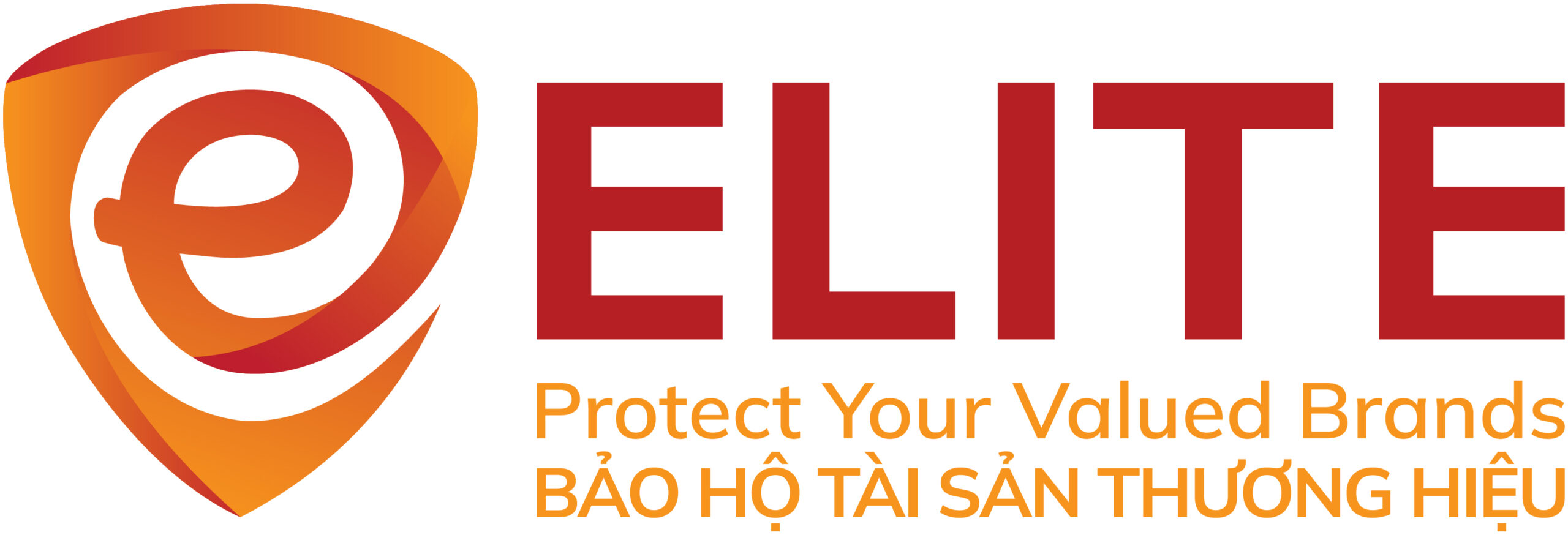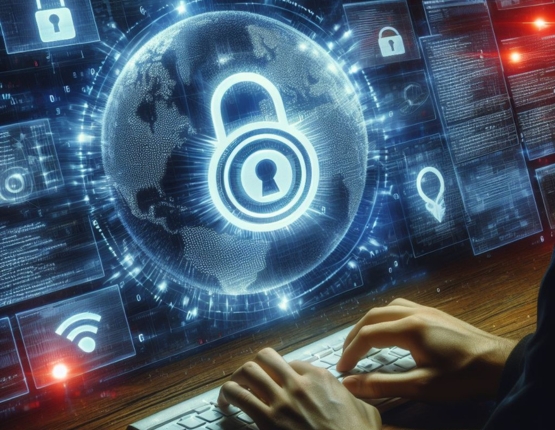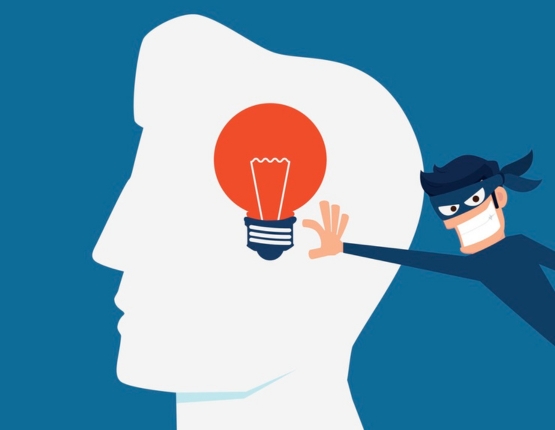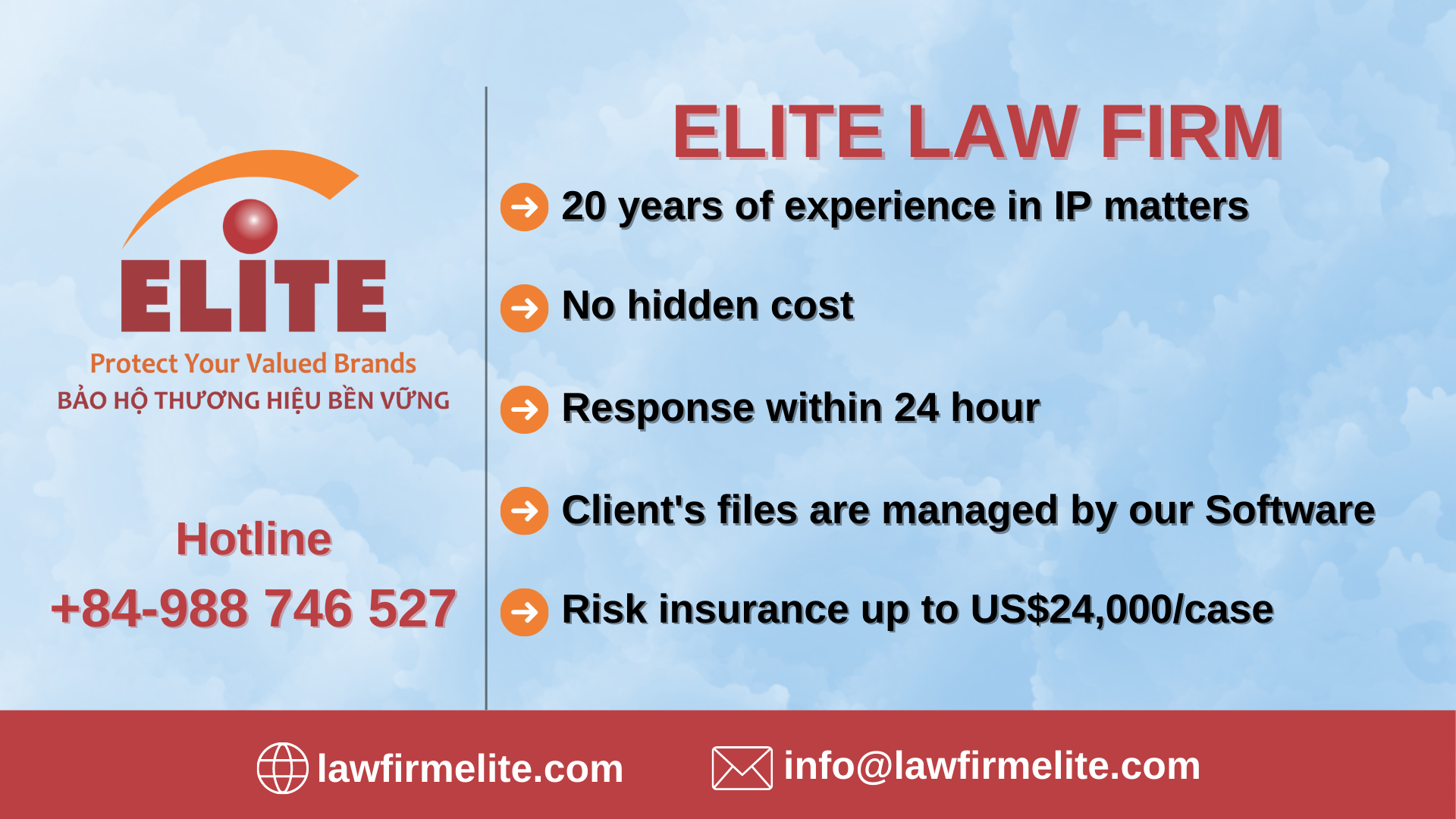By Elite Law Firm
With the advancement of science and technology, artificial intelligence (AI) is being widely applied in various aspects of daily life and business activities. Many innovations wholly or partially made by AI have very high aesthetic, artistic, and commercial value, even some products made by AI are competing directly with human intelligence and surpassing human intelligence in some aspects, such as the ability to synthesize big data information or a huge amount of knowledge of human race.
With the advancement of science and technology, artificial intelligence (AI) is being widely applied in various aspects of daily life and business activities. Many innovations wholly or partially made by AI have very high aesthetic, artistic, and commercial value, even some products made by AI are competing directly with human intelligence and surpassing human intelligence in some aspects, such as the ability to synthesize big data information or a huge amount of knowledge of human race.
However, in Vietnam, there are currently no specific legal regulations regarding the protection of patents, copyright works, or intellectual property rights created by AI. This lack of legal framework may lead to the risk of disputes without establishing resolution mechanisms, creating a void in management and incentives for breakthrough innovations in various fields. Simultaneously, this reality presents numerous challenges in refining the legal framework for AI, including the issue of protecting intellectual property rights for AI and innovations created by AI. In light of this matter, we talked with Patent Attorney Nguyen Tran Tuyen, the Director of Elite Law Firm.
Hello, Attorney Nguyen Tran Tuyen!
Reporter: Based on your research practices, how do you assess the current legal framework protecting artificial intelligence (AI) and products created by AI in Vietnam, Sir?
Currently, almost all Vietnamese patent regulations revolve around protecting technical solutions in the form of products or processes (methods) created by natural humans to solve a technical problem by applying natural rules and laws, not those generated or invented by machines or software. The existing Intellectual Property Law of Vietnam (IP Law) does not have any provisions to protect inventions or works created by AI. Specifically, for works such as music, fine arts, software, computer applications, the creation of an object, a box, or even the design of a car or any new industrial design, the IP law does not have protection provisions and does not protect the author as AI but only protects the author as a natural individual or a specific legal entity who is the owner of that AI.
Reporter: So, if there is no legal protection, what legal risks might the creators and owners of inventions, especially those generated by AI, face, according to the Attorney?
When inventions created by AI are not regulated and protected by the law, it means they exist outside the legal framework, and we cannot manage or govern them. The consequence is that when exploiting assets arising from artificial intelligence without legal recognition, these assets are not protected by rights. The owner of such inventions cannot fight against infringers, unauthorized exploitation, and illegal use of such inventions.
Furthermore, the invention owners cannot commercialize these inventions to exploit and recover investment for research, development, and deployment, leading to a lack of economic motivation for further research, improvement, technological upgrades, and the creation of new products. This results in a loss of economic incentives for innovation. Research, development, application, and exploitation of inventions will be chaotic, uncontrolled, and unmanageable due to the absence of specific legal regulations, causing social disruption and business operations.
Moreover, AI can have significant consequences on the normal functioning of the economy, such as generating hackers and hindering the development of science and technology. The absence of specific legal regulations on AI and AI creations is also a challenge, requiring the establishment of legal provisions and mechanisms for management and development.
Reporter: So, in your view, should we recognize and protect AI creations, sir?
I support the protection of products created by artificial intelligence as well as the strict protection of AI inventions as soon as possible based on the following reasons:
- First, the recognition and protection of these inventions demonstrate the official acknowledgment of the State and society for creative achievements;
- Second, recognition serves as a legal basis for protection and combating infringements, and unauthorized exploitation, providing economic and spiritual incentives for intellectual property owners who invest intellectual effort and financial resources in research, product creation, new technological solutions, innovations, and utility; encouraging innovative development for businesses and inventors, individual creators;
- Third, recognize intellectual products created by AI as the legal basis for resolving disputes lawfully and fairly;
- Fourth, new technology created by AI will have opportunities for development, motivating economic development and civilization for humanity, addressing challenges such as climate change, environmental pollution, diseases, etc.
However, the issue of how to protect intellectual products created by AI is also very important. We need protection in the direction of promoting the encouragement of development in each specific field, not protecting all areas of technology. The protection should have orientation and serve the common economic and social development goals of Vietnam in the coming time (according to Vietnam’s national development strategy). In addition, consideration should be given to protection aimed at encouraging development and balancing interests, without affecting the interests of the public.
Reporter: So, do you have any suggestions in completing the legal provisions on IP rights protection for AI and AI creations, especially AI-generated inventions, Attorney?
In my opinion, there is a need to promptly enact legal regulations to regulate and promote AI development. A separate law could be enacted, not amending but supplementing the existing Intellectual Property Law (regulating personal and economic/property rights protection terms different from current regulations). This law should stipulate: prioritizing the protection of privacy and personal data, AI not violating these rights during the application to create inventions, new works, etc.
Moreover, it is essential to clearly define which inventions, works in which fields will be protected, and which areas are prohibited, not protected, and not encouraged for development. For example, inventions or works that go against humanity, hinder technological progress, are abused for illegal purposes, oppose human development, and hinder progress in science, technology, culture, and human civilization.
However, protecting intellectual property rights for AI and AI creations is a legal challenge because:
- AI is not recognized as a legal subject in current legal relationships, so it cannot participate in existing legal relationships;
- AI cannot independently participate directly in civil, economic, administrative, or criminal relationships;
- AI cannot independently assume legal responsibility (compensation for damages) when participating in civil, economic, or other transactions if damage occurs;
- AI cannot independently directly enforce personal and property rights when infringed by a third party (AI exists as an intangible entity (software) or a tangible tool/property (materials, equipment …) and cannot directly and independently litigate, transfer, lease, inherit patents & works.
Thank you, Sir!










